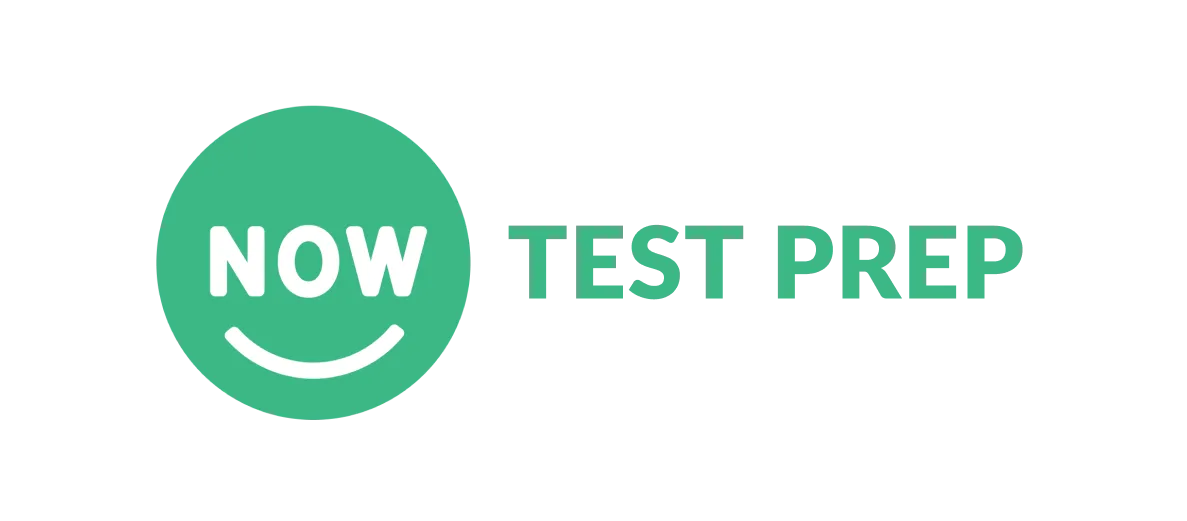Page Not Found
Looks like the page you’re trying to reach doesn’t exist. Don’t worry — let’s get you back on the right path.
Page Not Found
Looks like the page you’re trying to reach doesn’t exist.
Don’t worry let’s get you back on the right path.
